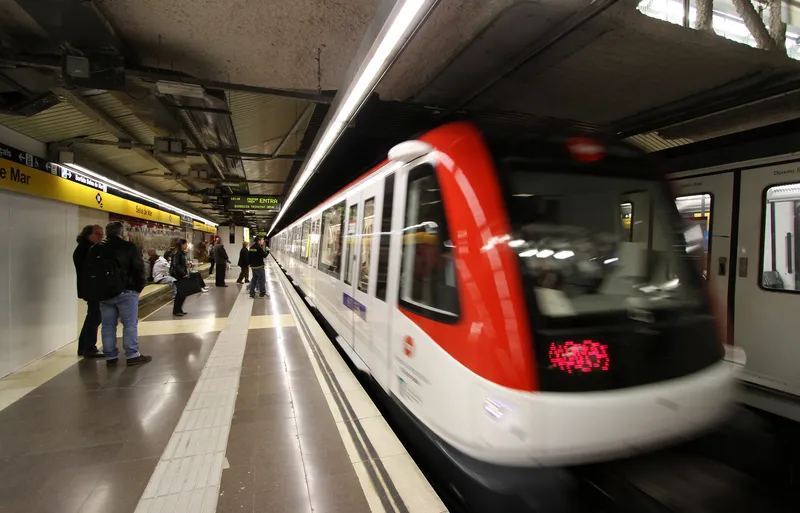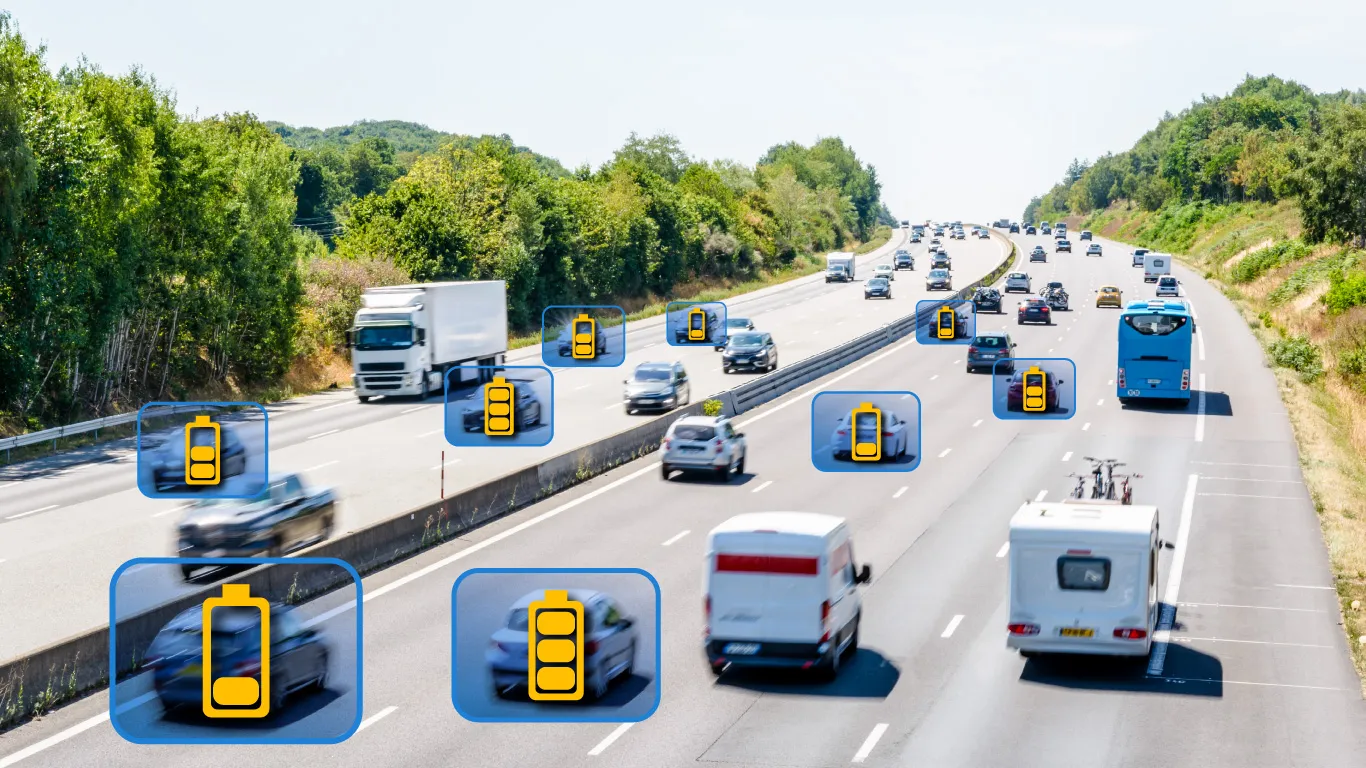European Mobility Week (16-22 September 2012) sees the International Association of Public Transport (UITP) reaffirming its stance that a long-term commitment to invest in public transport is key to reducing congestion in European cities and encouraging the development of sustainable economies. With around 80% of Europeans expected to be living in urban environments by 2020, public transport is essential for ensuring quality of life and delivering green growth. Encouraging a modal shift from private motori
September 10, 2012
Read time: 2 mins
European Mobility Week (16-22 September 2012) sees the 3833 International Association of Public Transport (UITP) reaffirming its stance that a long-term commitment to invest in public transport is key to reducing congestion in European cities and encouraging the development of sustainable economies.
With around 80% of Europeans expected to be living in urban environments by 2020, public transport is essential for ensuring quality of life and delivering green growth.
Encouraging a modal shift from private motorised modes to public transport will unblock gridlocked cities, lower energy consumption and reduce greenhouse gas emissions.
Public transport also plays an important socio-economic role, allowing access to education, health services and economic activities, enabling them to function properly whilst providing all social classes with a form of mobility that is affordable, clean and pleasant.
“This year’s European Mobility Week highlights the importance of relieving congestion, improving quality of life and providing sustainable and fluid mobility solutions in our cities,” said UITP Secretary General, Alain Flausch. “We are convinced that public transport, which is both environmentally friendly and socio-economically beneficial, is ideally placed to meet the challenges of increasing urbanisation in the coming years. There are many positive examples around the world and the cities taking part in the European Mobility Week are good examples of the willingness to work towards this objective.”
With around 80% of Europeans expected to be living in urban environments by 2020, public transport is essential for ensuring quality of life and delivering green growth.
Encouraging a modal shift from private motorised modes to public transport will unblock gridlocked cities, lower energy consumption and reduce greenhouse gas emissions.
Public transport also plays an important socio-economic role, allowing access to education, health services and economic activities, enabling them to function properly whilst providing all social classes with a form of mobility that is affordable, clean and pleasant.
“This year’s European Mobility Week highlights the importance of relieving congestion, improving quality of life and providing sustainable and fluid mobility solutions in our cities,” said UITP Secretary General, Alain Flausch. “We are convinced that public transport, which is both environmentally friendly and socio-economically beneficial, is ideally placed to meet the challenges of increasing urbanisation in the coming years. There are many positive examples around the world and the cities taking part in the European Mobility Week are good examples of the willingness to work towards this objective.”









